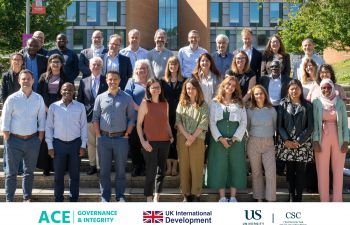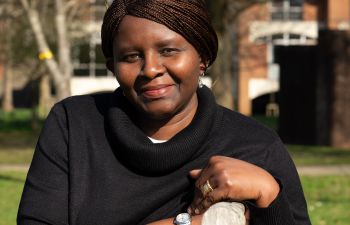Law research
Find out about the research taking place in the Sussex Law School.
Research impact
"I can't change the whole world, but I can change this part of it"
Professor Mark Walters is a leading authority on the study of hate crime. From improving our understanding of the impact of hate crime, to laying the groundwork for law reform, Walters is tackling head on this most pernicious of crimes.
Our research centres
- Centre for Gender Studies
- Crime Research Centre
- Sussex Centre for Human Rights Research
- Sussex European Institute
- The Centre for the Study of Corruption
Explore more Law research groups, networks and projects.
Latest news
Contact us
Research development enquiries:
researchexternal@sussex.ac.uk
Research impact enquiries:
rqi@sussex.ac.uk
Research governance enquiries:
rgoffice@sussex.ac.uk
Doctoral study enquiries:
doctoralschool@sussex.ac.uk
Undergraduate research enquiries:
undergraduate-research@sussex.ac.uk
General press enquiries:
press@sussex.ac.uk


